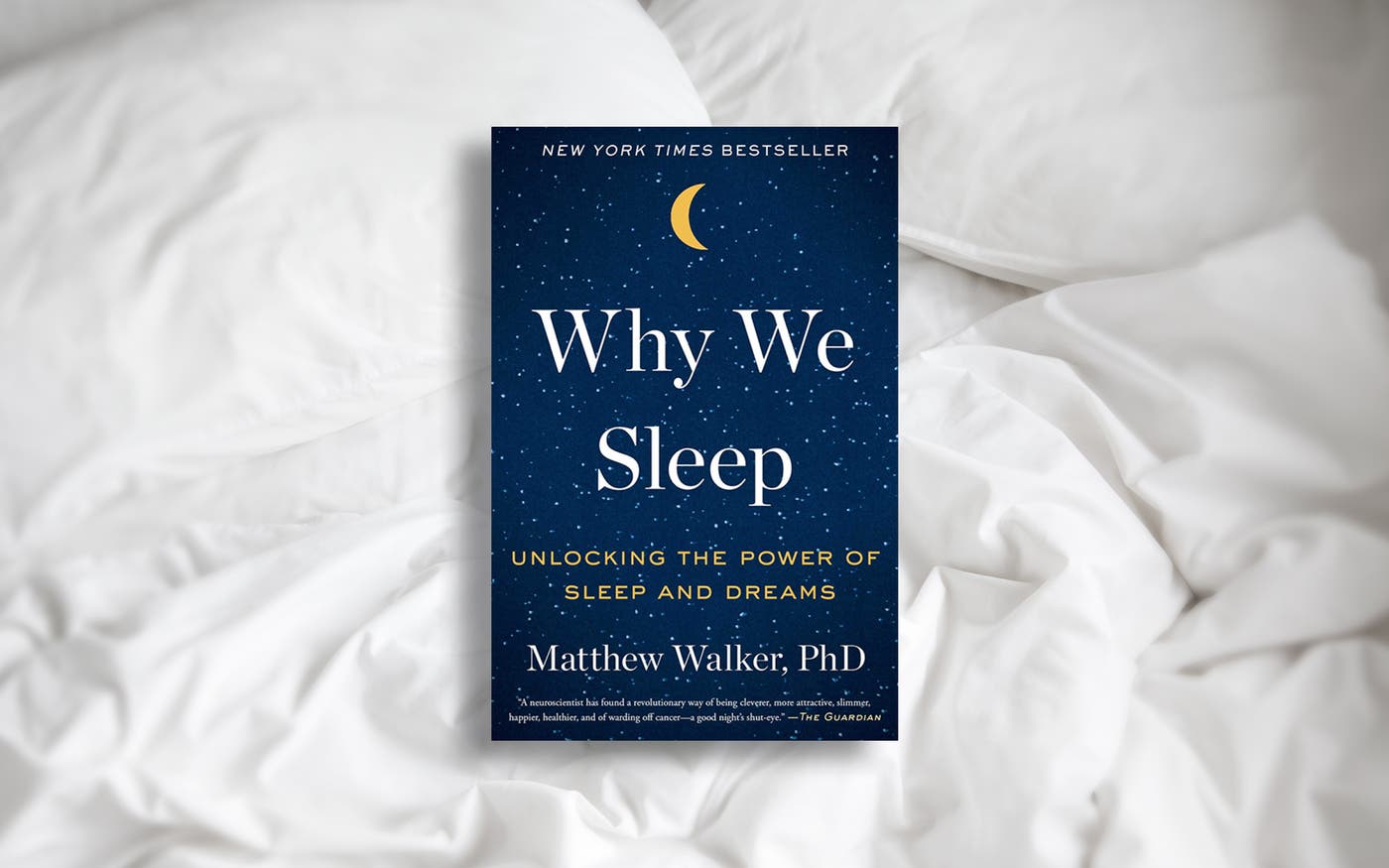
The lost city of Zzzz
This book put me to sleep
An expert explains the benefits of a good night’s rest.

Back in my early Microsoft days, I routinely pulled all-nighters when we had to deliver a piece of software. Once or twice, I stayed up two nights in a row. I knew I wasn’t as sharp when I was operating mostly on caffeine and adrenaline, but I was obsessed with my work, and I felt that sleeping a lot was lazy.
Now that I’ve read Matthew Walker’s Why We Sleep, I realize that my all-nighters, combined with almost never getting eight hours of sleep, took a big toll. The book was recommended to me by my daughter Jenn and John Doerr. Walker, the director of UC Berkeley’s Center for Human Sleep Science, explains how neglecting sleep undercuts your creativity, problem solving, decision-making, learning, memory, heart health, brain health, mental health, emotional well-being, immune system, and even your life span. “The decimation of sleep throughout industrialized nations is having a catastrophic impact,” Walker writes.
I don’t necessarily buy into all of Walker’s reporting, such as the strong link he claims between not getting enough sleep and developing Alzheimer’s. In an effort to wake us all up to the harm of sleeping too little, he sometimes reports as fact what science has not yet clearly demonstrated. But even if you apply a mild discount factor, Why We Sleep is an important and fascinating book.
Because this is a short review, I’ll answer a few questions that I suspect are top of mind for you.
Does everyone really need seven or eight hours of sleep a night?The answer is that you almost certainly do, even if you’ve convinced yourself otherwise. In the words of Dr. Thomas Roth, of the Henry Ford Hospital in Detroit, “The number of people who can survive on five hours of sleep or less without impairment, and rounded to a whole number, is zero.”
Why do we sleep?After all, when you’re sleeping—and all animals do—you can’t hunt, gather, eat, reproduce, or defend yourself. Yet Walker concludes that the evolutionary upsides of sleep are far greater than these downsides. In brief, sleep produces complex neurochemical baths that improve our brains in various ways. And it “restocks the armory of our immune system, helping fight malignancy, preventing infection, and warding off all manner of sickness.” In other words, sleep greatly enhances our evolutionary fitness—just in ways we can’t see.
What can I do to improve my sleep hygiene?
- Replace any LEDs bulbs in your bedroom, because they emit the most sleep-corroding blue light.
- If you’re fortunate enough to be able to control the temperature where you live, set your bedroom to drop to 65 degrees at the time you intend to go to sleep. “To successfully initiate sleep … your core temperature needs to decrease by 2 to 3 degrees Fahrenheit,” according to Walker.
- Limit alcohol, because alcohol is not a sleep aid, contrary to popular belief. While it might help induce sleep, “alcohol is one of the most powerful suppressors of REM [rapid-eye-movement] sleep,” Walker says.
- If you can possibly take a short midday nap like our ancestors used to and some Mediterranean and South American cultures still do, you should (but no later than 3 pm). It will likely improve your creativity and coronary health as well as extend your lifetime.
It took me a little longer than usual to finish Why We Sleep—ironically, because I kept following Walker’s advice to put down the book I was reading a bit earlier than I was used to, so I could get a better night’s sleep. But Walker taught me a lot about this basic activity that every person on Earth needs. I suspect his book will do the same for you.


